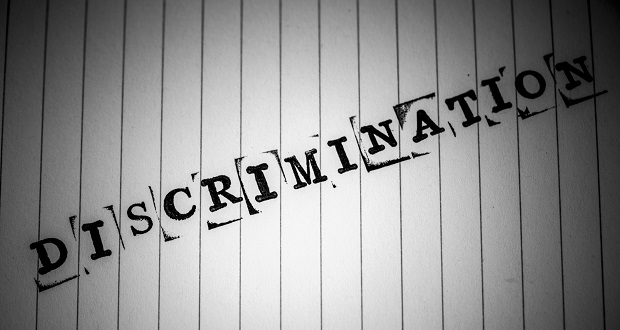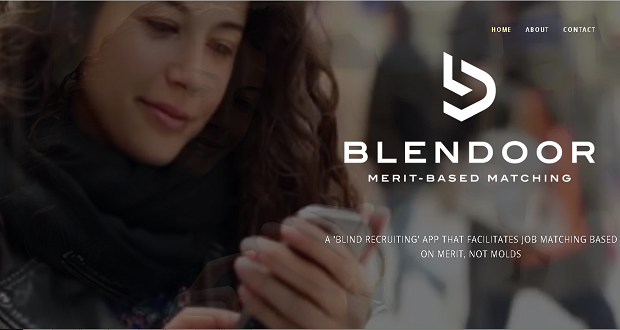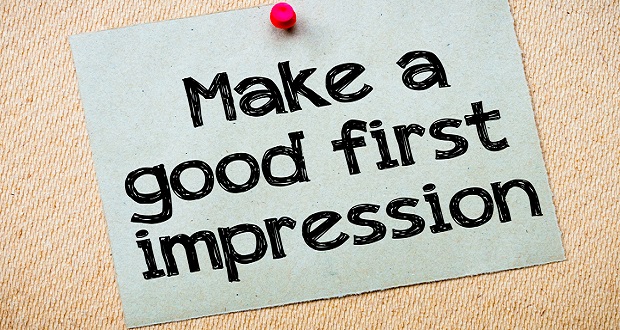
Four years ago, I used an Amazon gift card to purchase the complete series of Daria–an animated MTV series from the late nineties–on DVD. If you are not familiar with the show, it chronicles the fictional lives of a group of students at Lawndale High School. Outside of the eponymous character, the show revolves around Daria’s artistic best friend Jane Lane, the popular cheerleader Brittany Taylor, and the class valedictorian Jodie Landon.
Jodie–one of the only recurring black characters on the series–resonated with me in the same way that other black characters on television such as Olivia Pope from Scandal have. These characters are known for their ambition and poise, but those traits sometimes come at the price of staying true to who they are. On each show, the characters have the “twice as good” discussion with their parents. This is the adage that many black children hear growing up that translates into, “You have to be twice as smart, competent, ambitious and capable in order to achieve the same level of success as your white counterparts.”
I don’t remember hearing these exact words in my household growing up, but I know I consumed some version of this message. Because somewhere along the line, whether it was from my parents or mentors, that message started to inform both my thinking and performance. Although being “twice as good” wasn’t something I thought about much in terms of college and my fellow students, it did become a mantra I lived by once I entered the workforce. Making mistakes, lacking poise, or seeming unprepared were all allowances I did not seem to be afforded as much as some of my other colleagues. If and when I did those things, they seemed to come with harsher and more lasting consequences than they did for others.
Since then, I’ve spent a good deal of energy and time trying to do things well and right—or being “twice as good.” But, seven years into my career, I’ve started to wonder if that push to overachieve has come at the price of authenticity.
Authentic leadership first surfaced in Bill George’s 2004 book, and it has since become a popular leadership theory within organizations. In essence, authentic leadership hinges on honest relationships and a leader’s willingness to show his or her true self (complete with strengths, weaknesses, and emotions) to the colleagues they work with and teams they lead. Authentic leaders lead with their hearts, and they are unafraid to show their humanity. This concept has become increasingly more important given the hyper-connected and sometimes overly manufactured social media world we live in.
But, for black leaders, the resounding reminder to be twice as good makes it difficult to also be authentic at the same time. Essentially, being twice as good breeds perfectionism, which is unsustainable, toxic and certainly inauthentic. Now, as organizations push for more authentic leaders, many black employees find themselves in a bit of a quagmire. Not only do we still feel the need to be perfect, but we also may not feel entirely comfortable bringing our full selves to work without the possibility of consequences, backlash or misunderstanding. As a result, many of us have grown comfortable with, or at least tolerant of, our workplace veneers, and we only let our guards down on occasion. The messages continue to feel mixed: on one end of the spectrum, we’re asked to be perfect, while on the other end, we are asked to be human.
Which is it?
The messages continue to feel mixed: on one end of the spectrum, we’re asked to be perfect, while on the other end, we are asked to be human. Which is it? Share on XI’m not sure how and when the working world at large will reconcile this for black employees. But, I know that trying to be twice is good can sometimes simply cause twice as many problems.
Trying to be twice is good can sometimes simply cause twice as many problems. #authenticity #diversity #inclusion Share on X

















